However, in reality, violations in the field of water resources are still widespread. Therefore, in the coming time, it is necessary to create a synchronous legal corridor to manage water resources, promoting sustainable socio -economic development of the country.
Fine of 74 billion VND for violations of water resources
According to the report on the implementation results of Resolution 24-NQ/TW recently sent by the Department of Water Resources Management to the Ministry of Natural Resources and Environment , from 2013 to present, central agencies have conducted 31 water resource inspections and checks on 206 facilities exploiting and discharging wastewater into water sources in 40 provinces and cities.
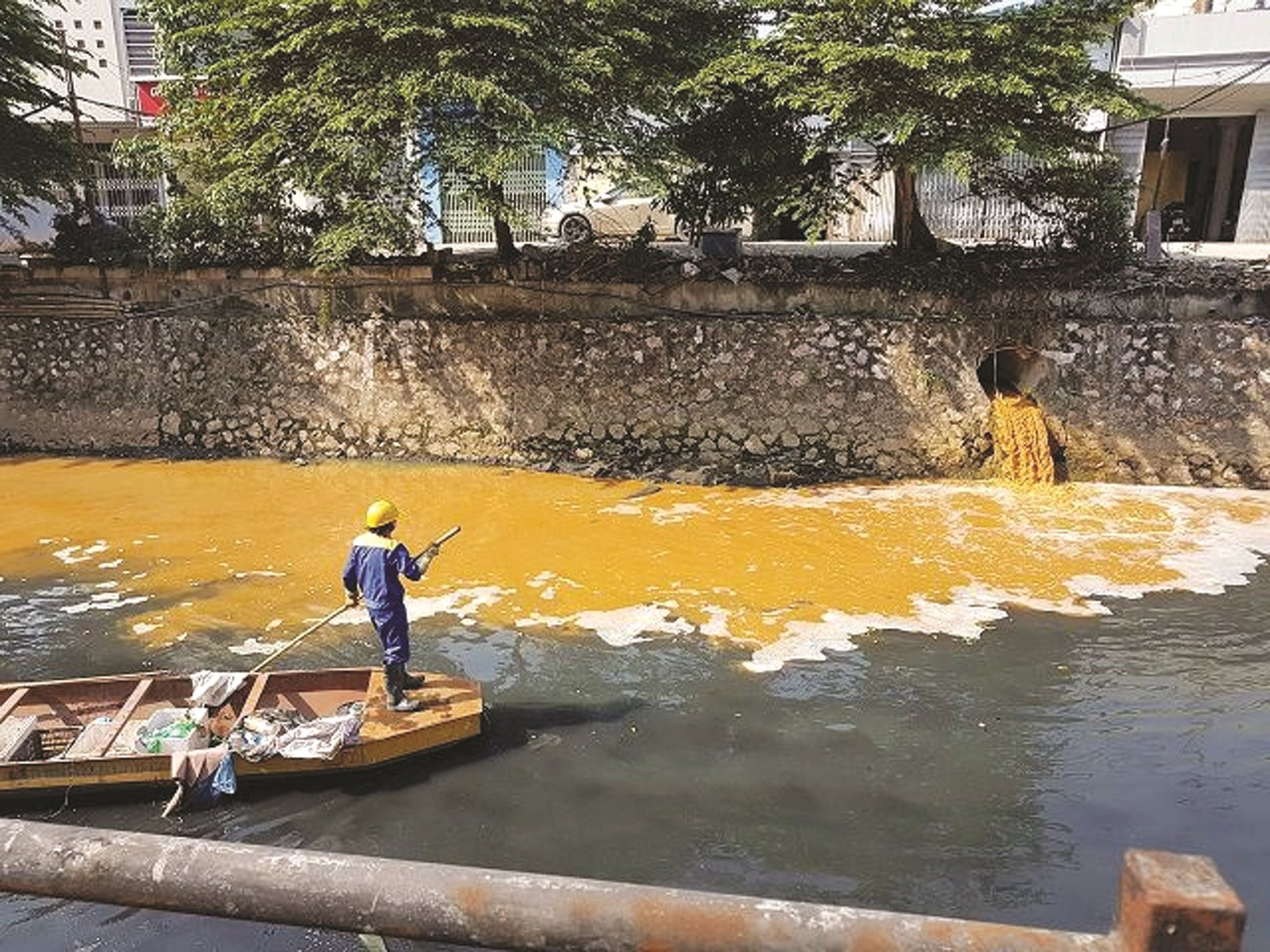
Through inspection work, the authorities have promptly detected and prevented violations in water exploitation and use such as: not having a license, exploiting beyond the license regulations; not conducting monitoring and supervision according to the license regulations.
On that basis, the central agencies have fined the violating establishments nearly 15 billion VND. In addition, through checking periodic reports and monitoring through the automatic online monitoring system, the Ministry of Natural Resources and Environment has also requested localities to fine hundreds of cases of violating the regulations of the water exploitation and use license.
At the local level, according to reports from 63 provinces and cities, over the past 10 years, localities have carried out nearly 3,000 inspections and checks on water resources for nearly 19,000 entities exploiting and using water resources and discharging wastewater into water sources; thereby detecting and handling more than 1,500 administrative violations in the field of water resources with a total fine of nearly VND 59 billion.
“Loopholes” leading to violations
Frankly pointing out the limitations, weaknesses and causes leading to the above series of violations, Mr. Nguyen Minh Khuyen - Deputy Director of the Department of Water Resources Management said that the main cause is the overlap and inconsistency in legal regulations, subjects, scope of management, and management responsibilities between the water resources sector and related specialized fields.
On the other hand, the information system and database on water resources management are also inadequate. The awareness of the government, organizations, individuals and people about the role of water resources and the implementation of the Law on Water Resources is still limited.
Along with that, policies related to ensuring water security are not really clear; the management of rivers, management of aquifers, protection of water resources, prevention and control of consequences caused by water and coordination mechanisms between ministries, branches and levels in these issues have not been systematically and clearly regulated, are still lacking or are not sufficient to solve practical problems.
Meanwhile, investment resources for water sector development mainly come from the State budget, lacking policy mechanisms to attract the participation of the private sector; the value of water resources has not been fully calculated and accounted for.
In addition, the implementation of water resource planning is still slow and has not been able to meet the requirements of being the basis for allocating and regulating water needs of the sectors. The efficiency of water exploitation and use in the sectors is still low. Headwater forests are declining and the work of protecting aquatic resources has not received proper attention and investment...
Synchronization and unification in water resources management
To overcome the above situation, and at the same time participate in proposing and recommending policies and guidelines for water resources management in the coming time in the summary report of 10 years of implementing Resolution 24-NQ/TW, Mr. Nguyen Minh Khuyen said that Vietnam needs to move towards national water resources management on the digital technology platform and integrate regulations on water management in the Law on Water Resources to comprehensively manage, control and regulate water issues, while ensuring national water resources security on the basis of unified management of water resources, especially creating a synchronous legal corridor on water resources, promoting sustainable socio-economic development.
Perspectives on water resources management to 2030
Institutionalize the view that water resources are especially important and essential resources, public assets owned by the entire people and managed by the State. Water resources must be the core in the construction of socio-economic development plans, population plans, plans for sectors and fields that exploit and use water, and national development strategy planning; the exploitation and use of water resources must comply with regulations on the management and use of public assets and must be managed, protected, exploited, and used reasonably, economically and effectively, meeting immediate and long-term needs.
In the immediate future, the Department of Water Resources Management recommends that the Prime Minister direct and assign tasks to ministries and branches to review relevant legal documents, ordinances and resolutions; from there, propose and recommend to the National Assembly and the National Assembly Standing Committee to amend, supplement and replace to ensure consistency in the system of documents and avoid overlap.
The next tasks and solutions are to perfect and innovate institutions, policies and financial mechanisms of the water sector towards smart governance; attract social resources to invest in developing the water sector and adjust water use demand towards sustainability.
Along with that, Vietnam needs to proactively plan for water use on transboundary rivers based on monitoring and cooperation with countries sharing water resources in sharing information, monitoring data, and operating and exploiting water resources; improving and restoring degraded, depleted and polluted rivers, protecting water resources, protecting and sustainably developing aquatic resources and important wetland ecosystems.
On the other hand, central and local levels need to increase investment, upgrade, improve water use efficiency, ensure water resource security, and proactively provide water for sectors and fields: domestic use, industry, agriculture, energy, transportation and other water-using sectors.
In particular, increase investment, upgrade, and improve indicators to ensure water resource security in wastewater collection, treatment, and drainage; strengthen international cooperation activities and technology transfer; and operate a system of indicators to monitor and evaluate national water resource security.
Source




![[Photo] Prime Minister Pham Minh Chinh chairs the first meeting of the Central Steering Committee on housing policy and real estate market](https://vphoto.vietnam.vn/thumb/1200x675/vietnam/resource/IMAGE/2025/9/22/c0f42b88c6284975b4bcfcf5b17656e7)
![[Photo] General Secretary To Lam attends the 1st Congress of the Central Party Committee of the Fatherland Front and Central Mass Organizations](https://vphoto.vietnam.vn/thumb/1200x675/vietnam/resource/IMAGE/2025/9/23/2aa63d072cab4105a113d4fc0c68a839)


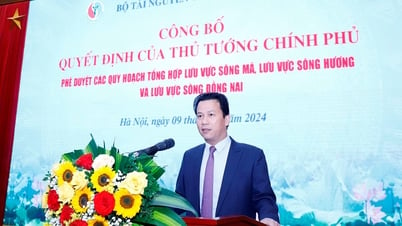
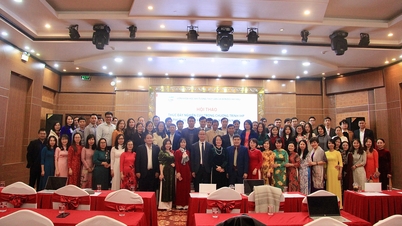
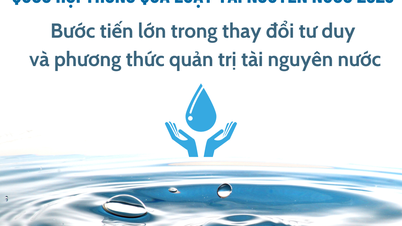

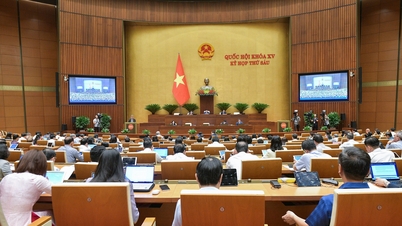
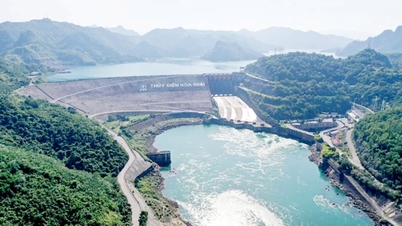
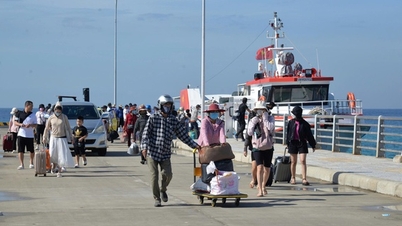





















































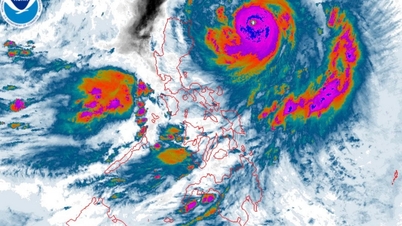
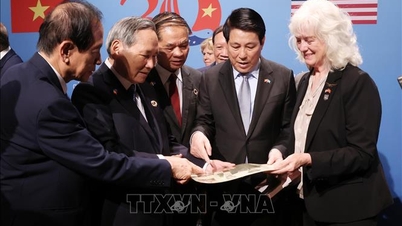


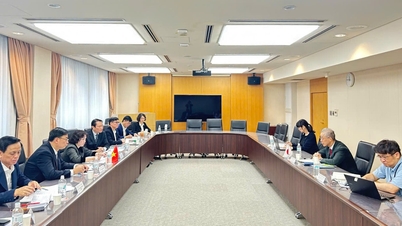





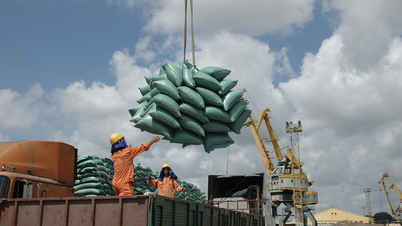

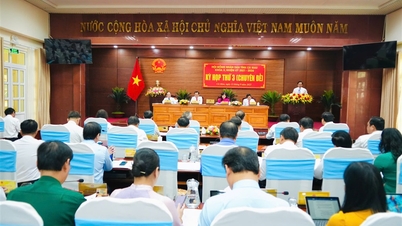





















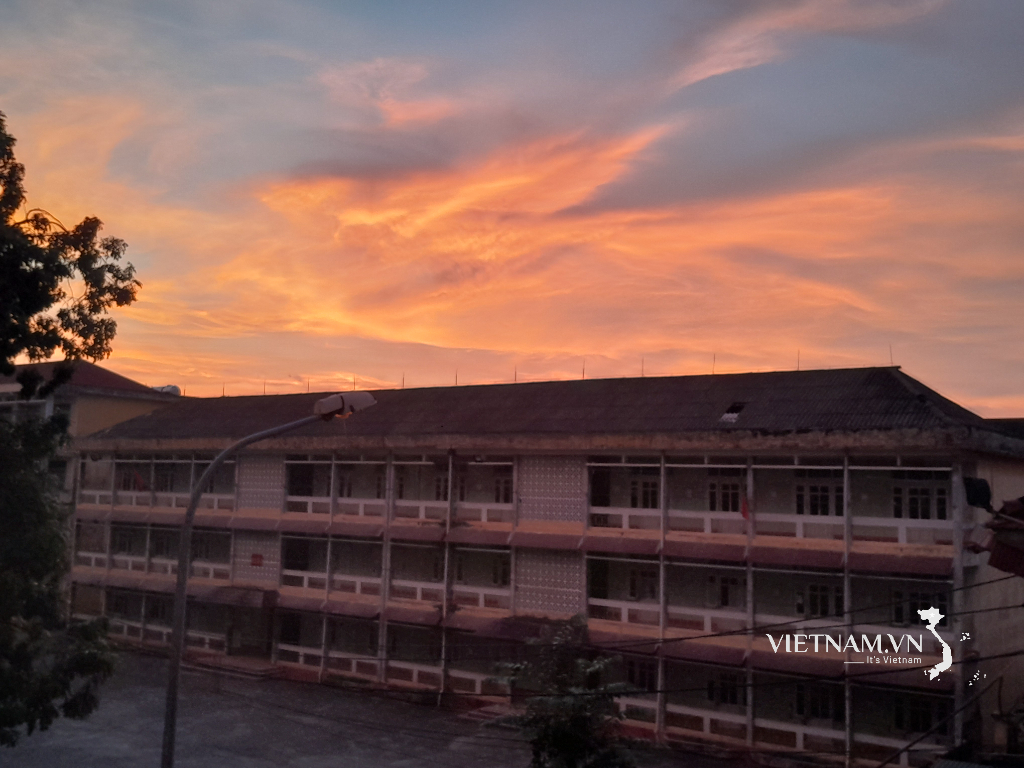



Comment (0)